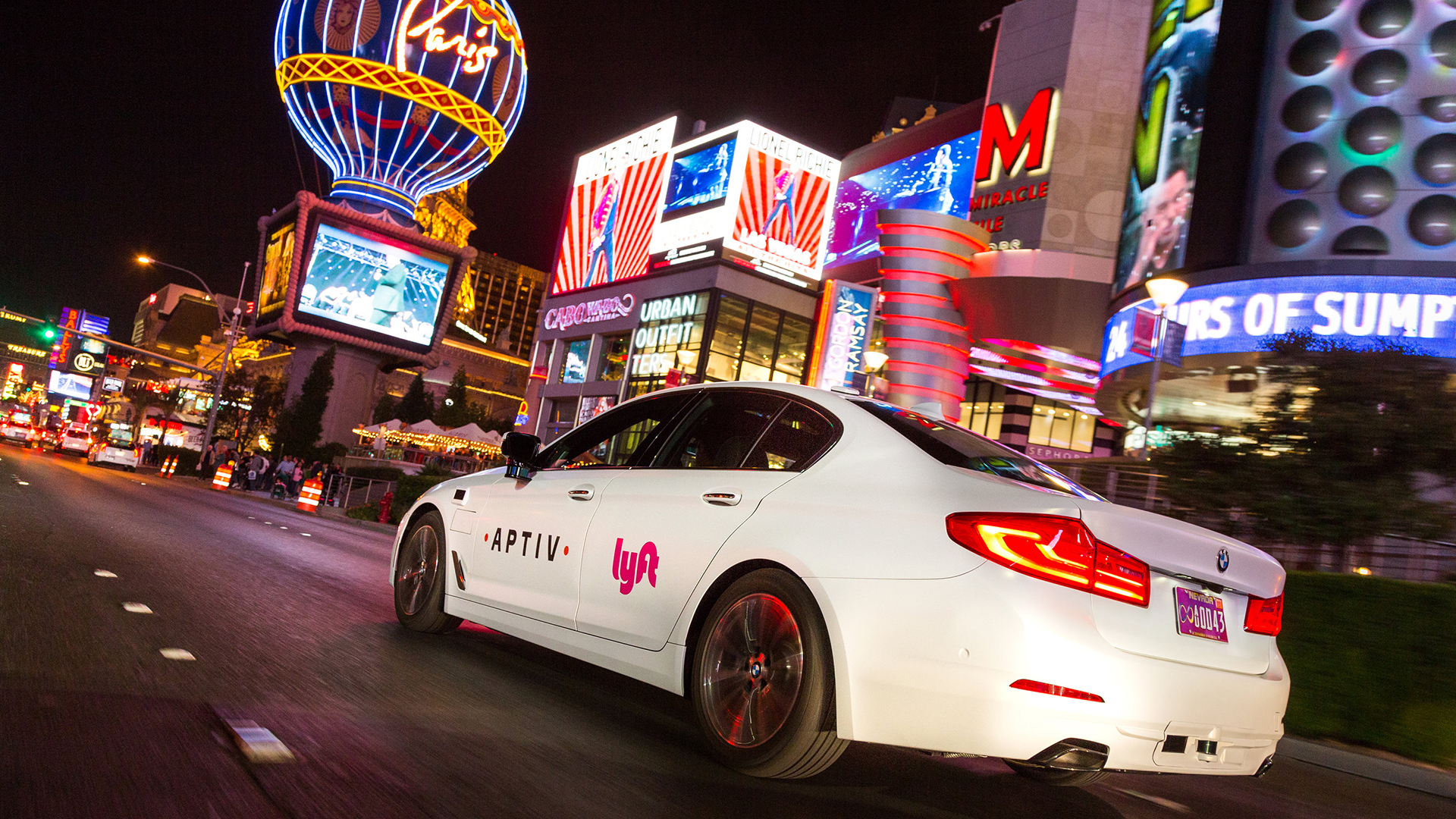

Lyft has issued its second annual diversity report, and it doesn’t seem like the ethnic and gender makeup of the ride-hailing company’s workforce has changed much in the past year.
According to the report, 40 percent of Lyft’s roughly 4,000-person workforce identifies as female, down from 42 percent last year. That includes 33 percent of people in leadership positions, a 3 percent decrease from last year. About 52 percent of the workforce is white, down from 63 percent last year. That includes 64 percent of people in leadership positions, a decrease from 2017’s 70 percent.
Lyft’s demographics are typical of the Silicon Valley tech industry, which remains overwhelmingly white and male. Lyft has also nearly “doubled in size over the last 12 months,” Nilka Thomas, the company’s vice president of talent and inclusion said in an interview with TechCrunch. She’s in charge of global hiring and diversity policies, and said she is pleased with the report, given how difficult it can be to emphasize diversity during such rapid growth.
“In hyper-growth, what tends to happen is you have a bias toward speed and diversity can suffer,” Thomas said, adding that “this challenge expands across the entire industry, in part because we’ve normalized the problem. We have a pretty dire status quo.”
Lyft has upheld social responsibility as the main differentiator from rival Uber. As Lyft has grown over the past year, Uber has been rocked by a series of scandals, including accusations that the company tolerated sexual harassment within the workplace. Uber remains much larger than Lyft, however. While Lyft recently surpassed 1 billion rides, Uber has given over 10 billion.
Uber CEO Dara Khosrowshahi has also made a concerted effort to rebuild the company’s image since arriving roughly a year ago. In January, Uber hired Bo Young Lee as its first chief diversity officer. The company has also overhauled safety policies, and taken a more diplomatic approach to relations with regulators and the public.